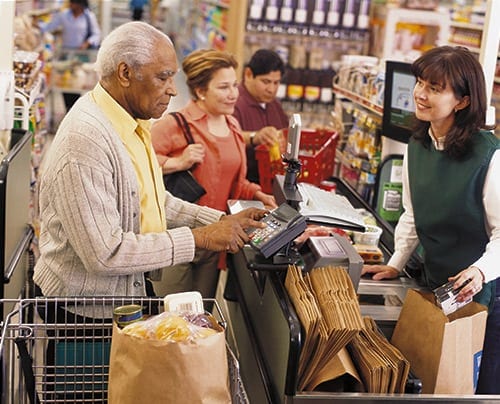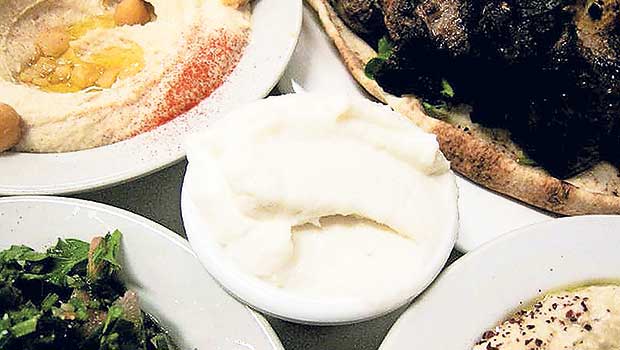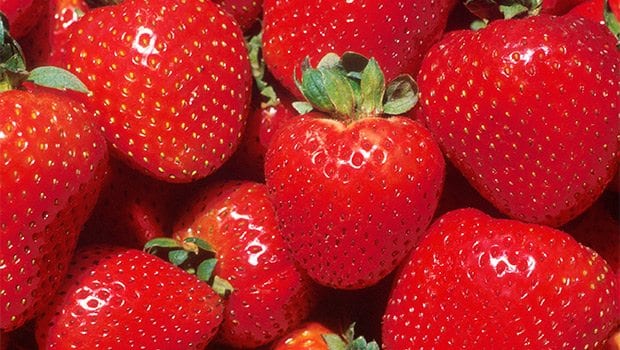Public programs available for good nutrition
A helping hand for those in need

Putting healthy food on the table can be a struggle. Food is right up there with housing and medical care as one of the three largest bites out of a consumer’s pocket. The Food and Nutrition Service of the U.S. Department of Agriculture administers several nutrition assistance programs for people who cannot afford healthy food.
Supplemental Nutrition Assistance Program — SNAP
SNAP, formerly called Food Stamps, had its origin in the Food Stamp Act of 1964. Its purpose is to assist low income individuals and families purchase healthy food. Eligibility is based on several factors, including household size, income and resources, such as savings.
SNAP can be used for only certain items, as noted in the list below:
• Fruits and vegetables
• Breads and cereals
• Meats, fish and poultry
• Dairy products
Other Items are not eligible:
• Beer, wine, liquor, cigarettes
• Any nonfood item, such as pet foods, soaps and vitamins
• Foods that can be eaten in the store
• Hot foods
Once approved, SNAP benefits are deposited electronically into a person’s account each month. Purchases are made with an Electronic Benefit Transfer Card, or EBT.
For information on eligibility, Massachusetts residents can call 877-382-2363.
Women, Infants and Children (WIC)
The WIC program, also administered by the FNS of the USDA, was developed as a pilot program in 1972 and became permanent two years later. Its goal is to make sure that low income women, infants and children up to the age of five have access to nutritious food. The program also provides information on healthy eating and assists in referrals to health care services.
Population served:
• Pregnant women through pregnancy and up to six weeks after birth or end of pregnancy
• Breastfeeding women up to infant’s first birthday
• Non-breastfeeding postpartum women up to six months after the birth or end of pregnancy
• Infants up to first birthday
• Children up to their fifth birthday
For additional information, Massachusetts residents can call 1-800-942-1007.
The Emergency Food Assistance Program
The Emergency Food Assistance Program is another USDA program that helps supplement the diets of low income people, many of whom are elderly. The program provides emergency assistance at no cost.
In contrast to SNAP and WIC, the TEFAP does not interact directly with consumers. Rather, it is a joint federal/state alliance which provides a range of foods, such as fresh and canned fruits and vegetables, fresh and dried eggs, meat, poultry, fish and dairy products directly to state programs, such as food banks and food pantries. These programs in turn distribute the goods to the public.
For more information, Massachusetts residents can contact the Food Distribution Coordinator at 781-338-6460.
Boston Bounty Bucks
It’s not only the federal government that gives a boost to healthy eating for low income residents. In 2007, the city of Boston developed an innovative program called Boston Bounty Bucks to enable people of all incomes to purchase produce at local farmers’ markets. The BBB enables SNAP recipients to match up to $10 per day at participating farmers’ markets.
The benefits of the program are two-fold. Residents who previously could not avail themselves of fresh local produce now have an avenue of purchase. In addition, it gives an economic boost to local farmers by expanding their customer base.
For more information about Boston Bounty Bucks, please call 617-635-3717.







